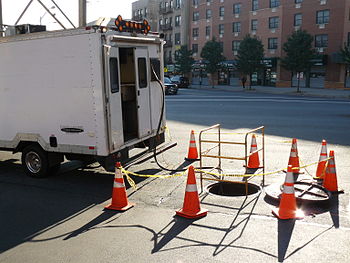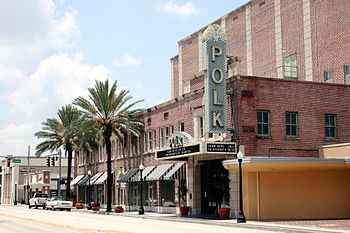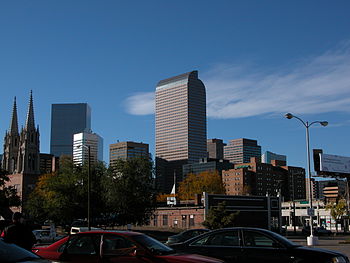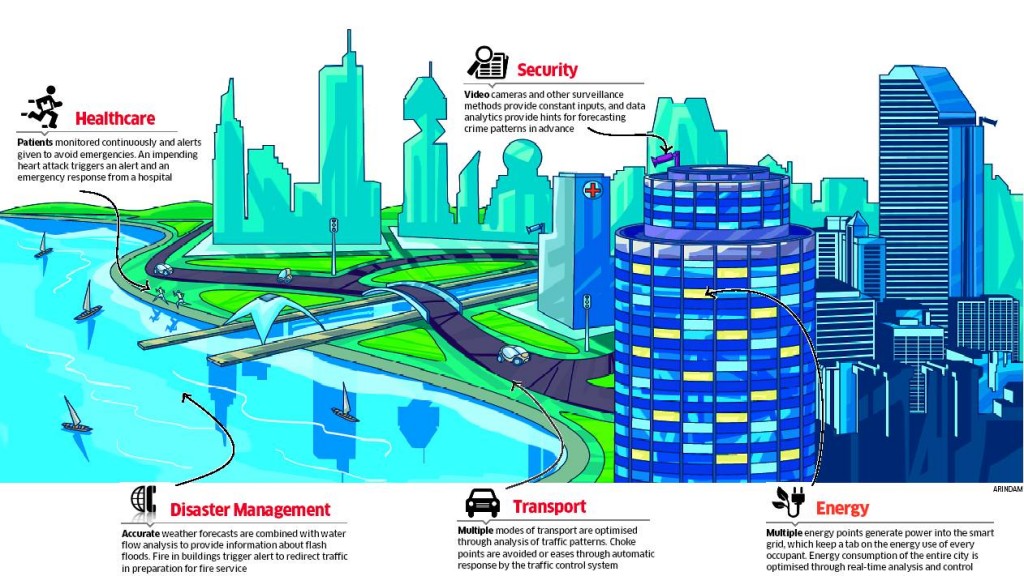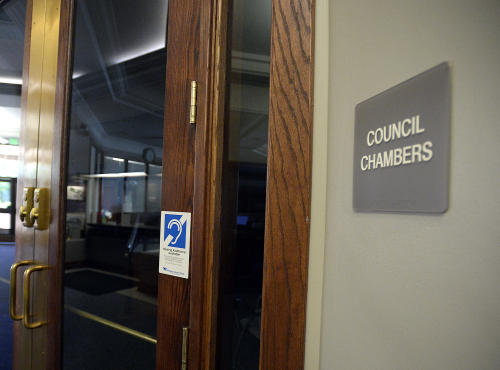
By Julia Rentsch
Loveland will amend its Electric Enterprise utility to include communications services in due course, and begin development of a detailed municipal broadband business plan after several ordinances passed by the City Council Tuesday night.
The three ordinances adopted on second reading allow city staff to direct time and resources toward fulfilling the seven recommendations delivered to council by the Loveland Broadband Task Force Dec. 12. The first ordinance, to appropriate $2.5 million from the Power General Fund for staff to follow the recommendations, passed 8-1 with Councilor Dave Clark against; the second, to add communications to the Loveland electric utility, passed 5-4 with councilors Clark, Don Overcash, Jeremy Jersvig and Steve Olson against; the third, to transition the Task Force into a new city advisory board for communications, passed 7-2, with Clark and Olson against. Continue reading





